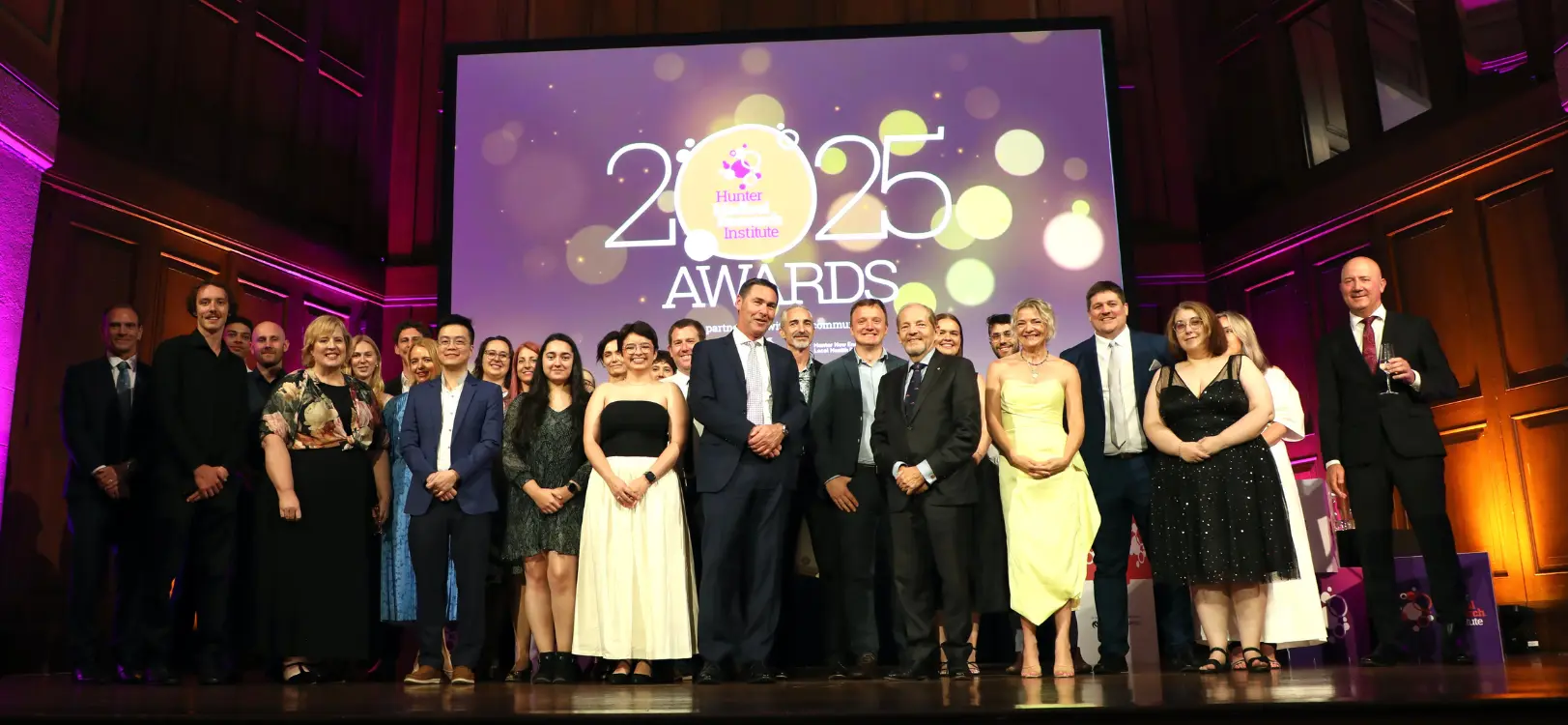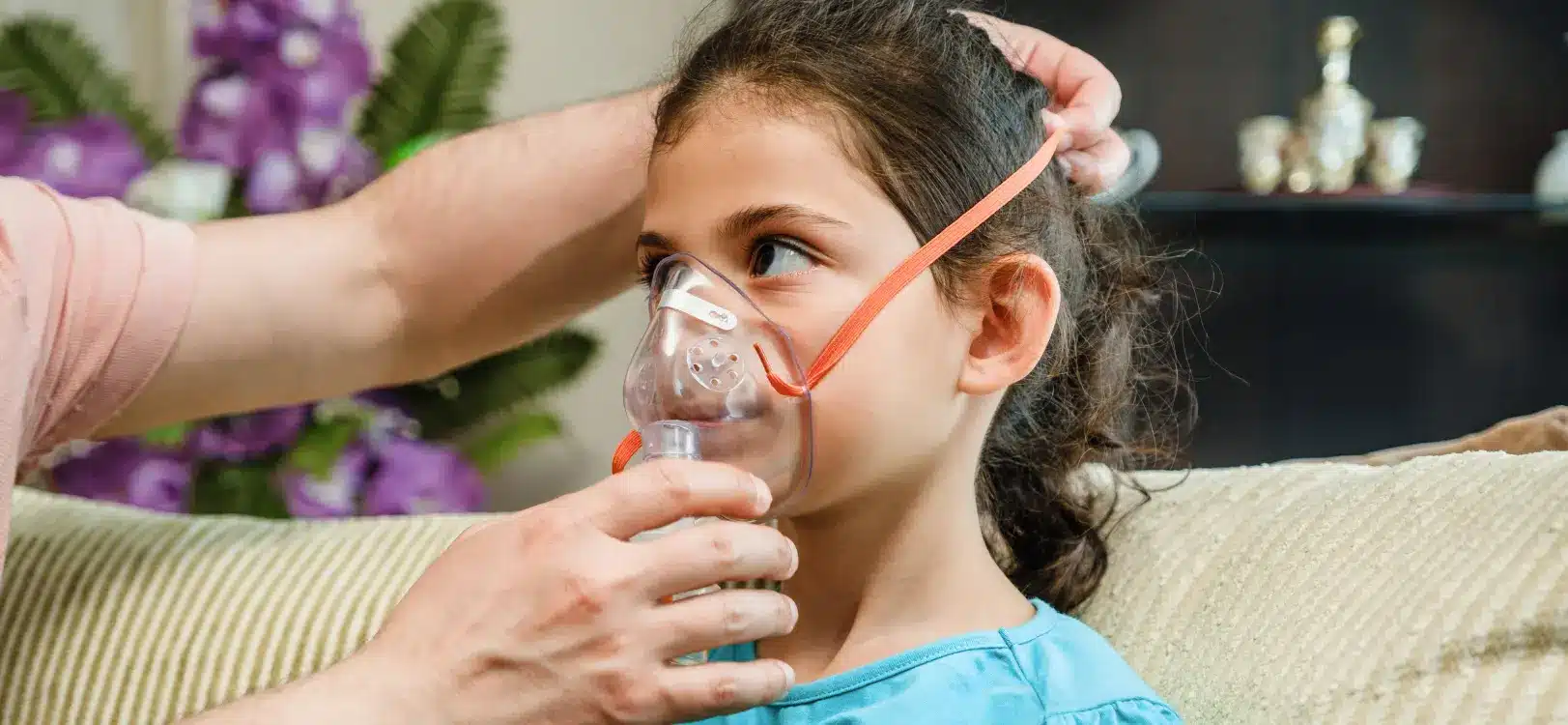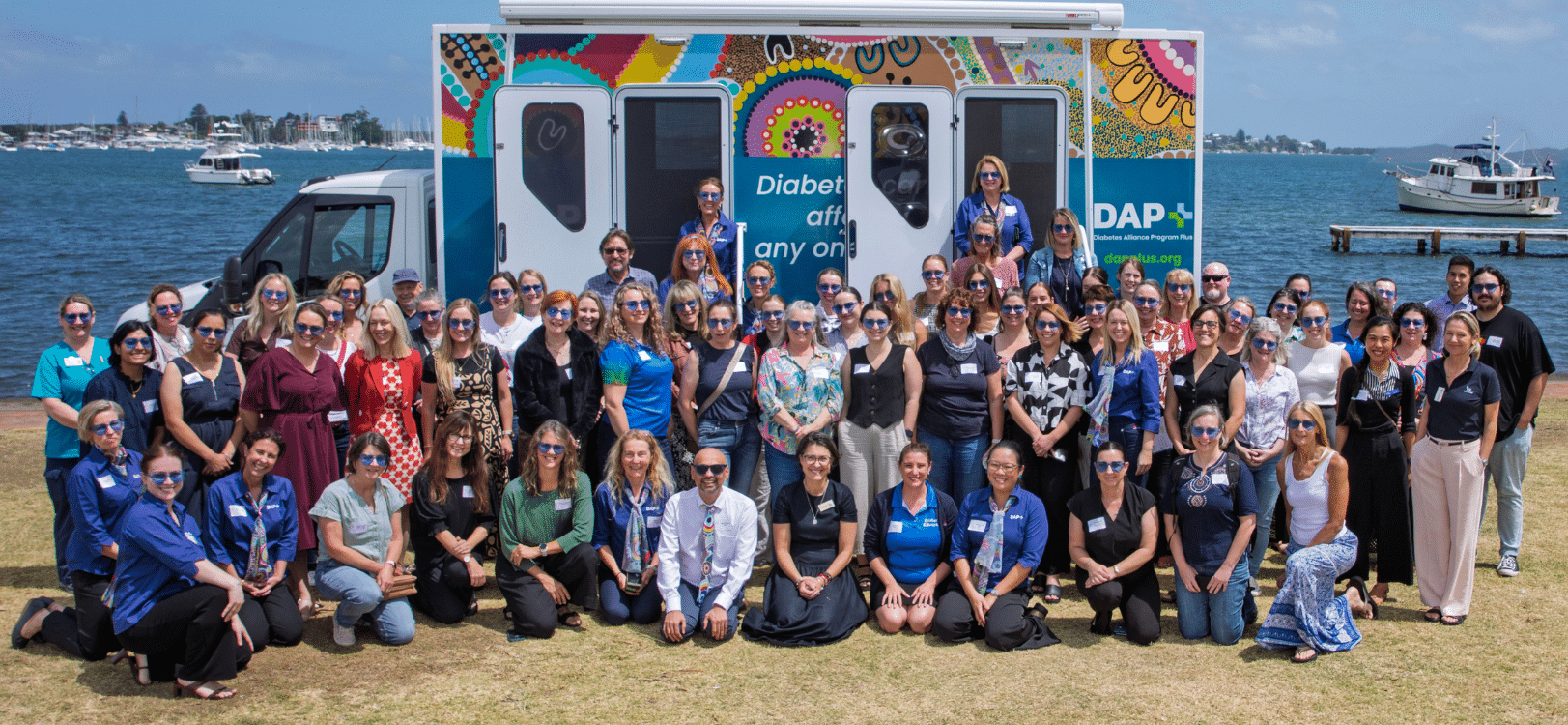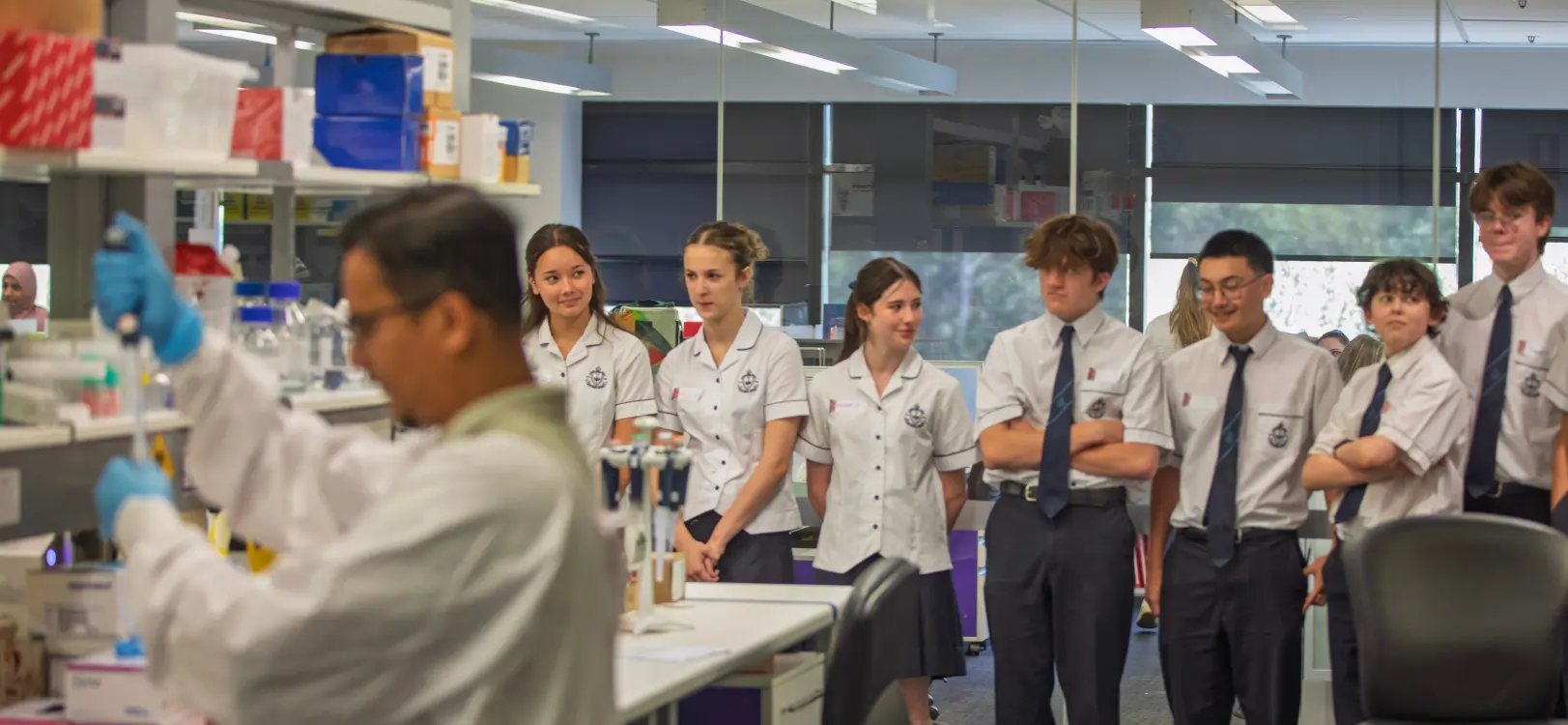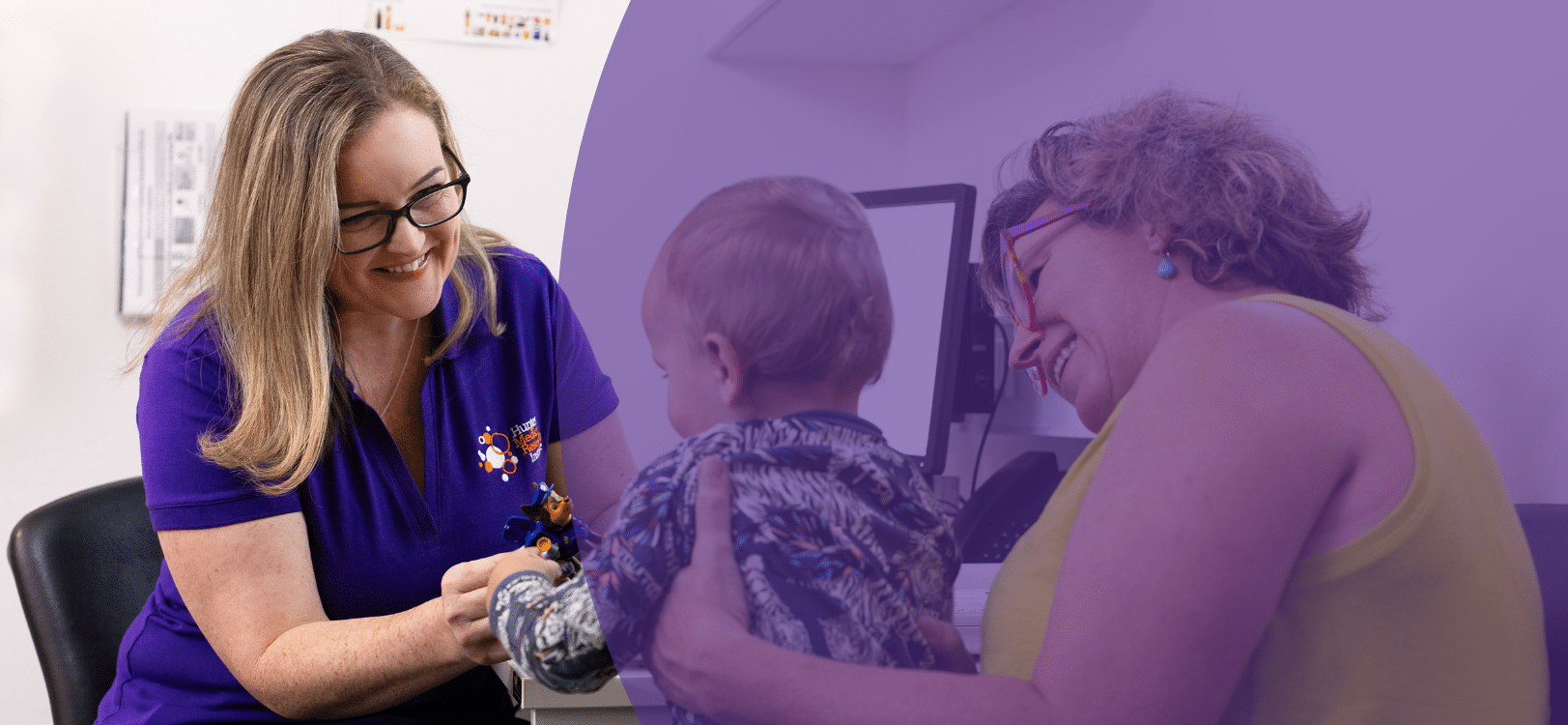Professor David Lubans is the Co-Director of the University of Newcastle’s Centre for Active Living and Learning and a Visiting Professor at the University of Jyväskylä, Finland. He is a former Australian Research Council (ARC) Future Fellow and current National Health and Medical Research Council (NHMRC) Senior Research Fellow.
Professor Lubans has published extensively (>300 peer-reviewed journal articles) and secured funding from competitive sources, including the ARC, NHMRC, Sciences and Humanities Research Council Canada, Health Research Council New Zealand, and the Hong Kong General Research Fund.
He has been recognised as a ‘Clarivate Highly Cited Researcher’ (top 1% most cited for subject field and year of publication) for the past 5 years (2019, 2020, 2021, 2022, 2023). He is internationally recognised as an expert in the design, evaluation, and dissemination of school-based physical activity interventions.
Much of his research has involved inter-sectoral partnerships with government and non-government organisations. His secondary area of interest is studying the effects of physical activity and fitness on young people’s mental health and cognition.
Professor Lubans is regularly invited to serve on expert committees to guide physical activity policy and practice.

